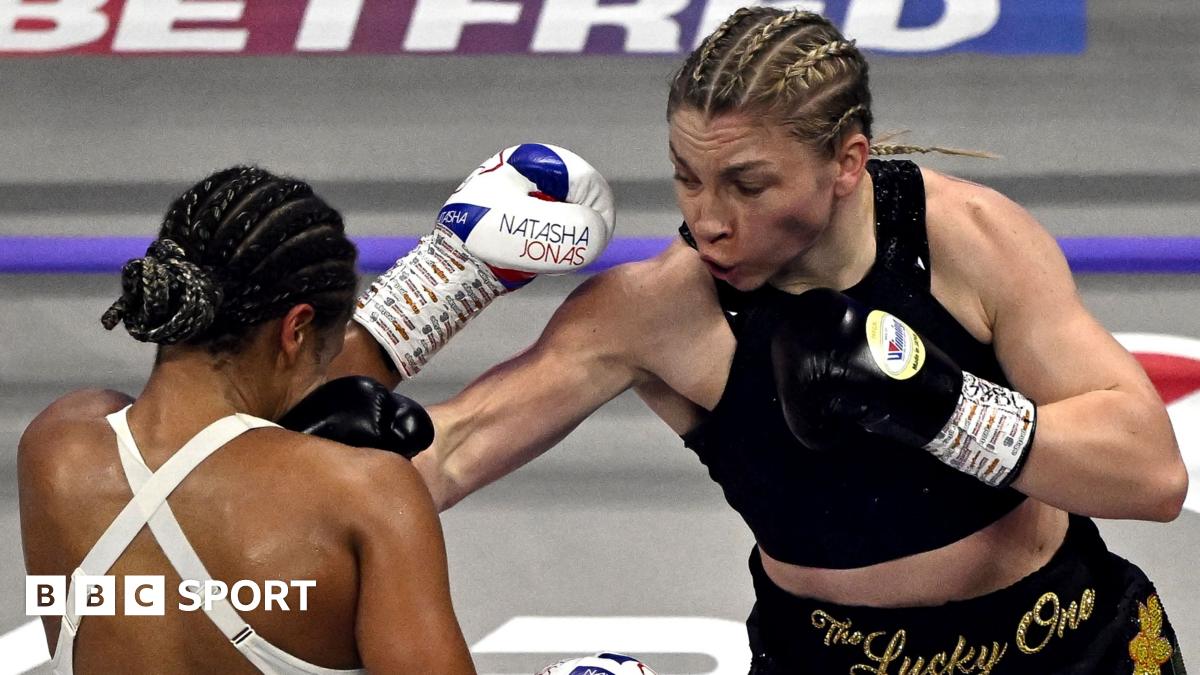Garry Richardson: I could be Alan Partridge’s stunt double – but Coogan denies he was based on me

“They gave me a job near where I lived because they said I wouldn’t be able to afford to commute to London,” he recalls, which was decent of the corporation, given his first salary was the not quite Lineker-esque £909 per annum.
But he quickly badgered his way behind a microphone, volunteering for weekend shifts at Radio Oxford. His first sporting broadcast was a report on a match between Fairford and Thame United in 1975, for which he received the princely sum of £3.
“I’d do anything, stick my hand up for any job,” he says. “Once I climbed up Didcot power station, 650 feet, no harness, no health and safety in those days. I did a live report and a caller rang in to say she was in her front room and could see me through binoculars up there. They patched me through to her and we had a lovely chat.”
He recalls that in those early days he had been obliged, for broadcast purposes, to tone down his Berkshire burr. Though looking back he thinks he might have gone a little far, adopting an entirely false posh delivery.
“If I listen back to those early recordings, I sound quite plummy. But that’s not the way I speak. Occasionally on the Today programme I hear myself saying ‘England played last night at Wemb-er-lee’,” he says, pronouncing the word as if he were a cast member on The Archers. “The old Berkshire accent still comes through after all those years.”
‘They knew I’d ask questions’
What marked him out from the start, though, was not his twang, it was his enthusiasm. And his attention to detail. One of the first bits of advice he was given, as he made his way from local radio to a full-time job on what was then the sports desk at Broadcasting House, was this: when you interview someone, ask for their phone number. And he always did. In fact, over the years as he conducted what he believes were more than 20,000 broadcast interviews, he accumulated so many numbers he quickly became known as the man with the most extensive contacts book in radio.
“I wish I’d brought my old book along to show you,” he says. “Sadly, virtually everyone who’s in it, they’re no longer around. But I could never cross out their names now they’re gone. They live on in there: George Best, Henry Cooper, Nobby Stiles, Jimmy Greaves. I could never throw it away.”
He pauses for a moment, his voice cracking. “Sorry, I get a bit emotional, looking back.”
He has been doing a lot of that recently. And when he does, one moment stands out: the day in 1981 when he did his first shift on Today, presenting the hourly bulletin of sporting news. He was just 24 years old. Others, like Des Lynam and Bryan Butler before him, had done their turn and quickly moved on to bigger things. But Richardson loved the programme, loved being at the centre of the news, joshing with the country’s leading political broadcasters about his choice of knitwear, providing some light relief amid the news cycle’s relentless churn of gloom and crisis.
Related
Jonas vs Price: How women’s boxing can become centre stage…
The iconic Royal Albert Hall has hosted pugilism for over a century, welcomed key political figures and showcased musical superstars.On Friday evening, a women'
Belgian Darts Open: Ryan Searle sets up Luke Littler showdown…
Ryan Searle set up a showdown with world champion Luke Littler and Mike De Decker booked a reunion with world No 1 Luke Humphries
Sky Sports presenter reveals she has a brain infection following…
A Sky Sports presenter has revealed she has a brain infection after battling cancer.Emma Saunders, who works as a presenter and match day reporter for Sky, was
Jonas vs Price as it happened: Reaction, analysis, boxing results,…
'I want to go back to Wales'published at 23:37 Greenwich Mean Time 7 March23:37 GMT 7 MarchPrice beats Jonas by unanimous decisionLauren Price speaking to Sky S













